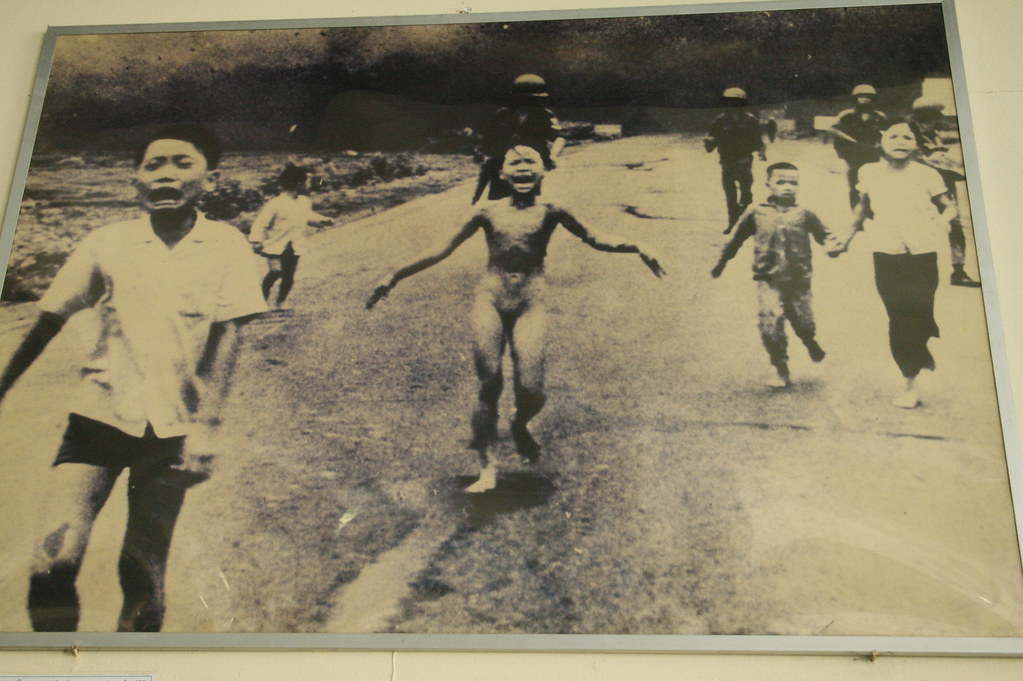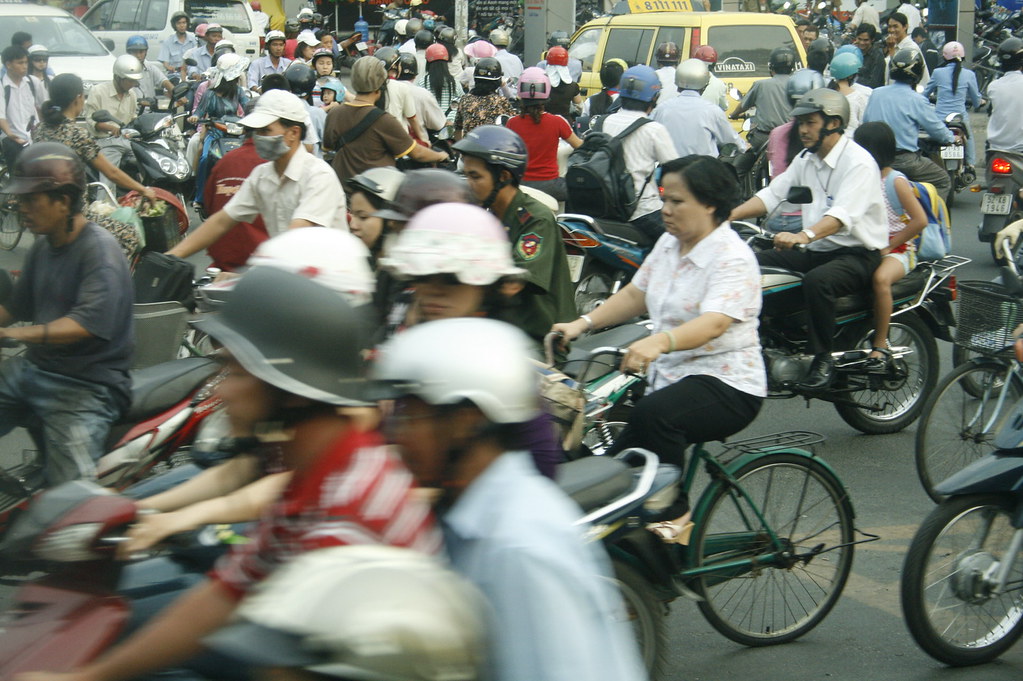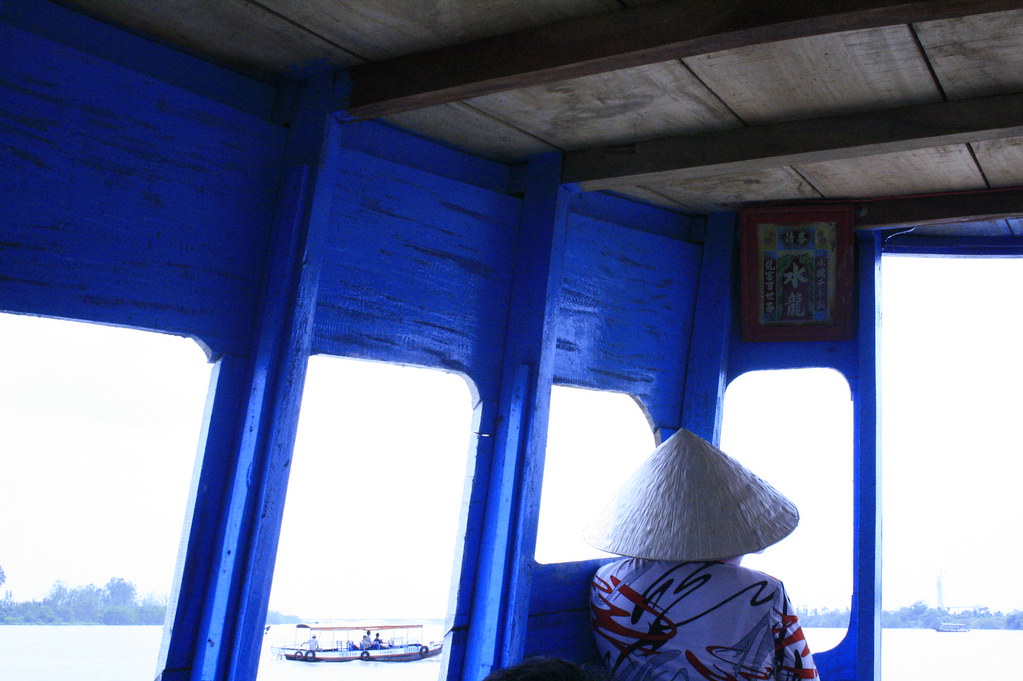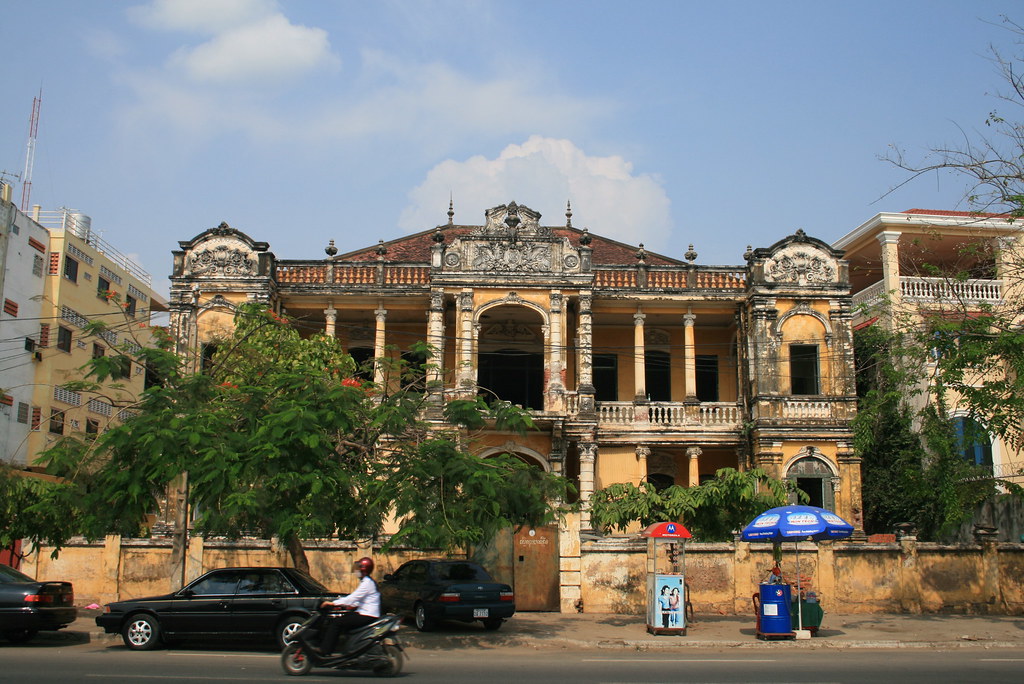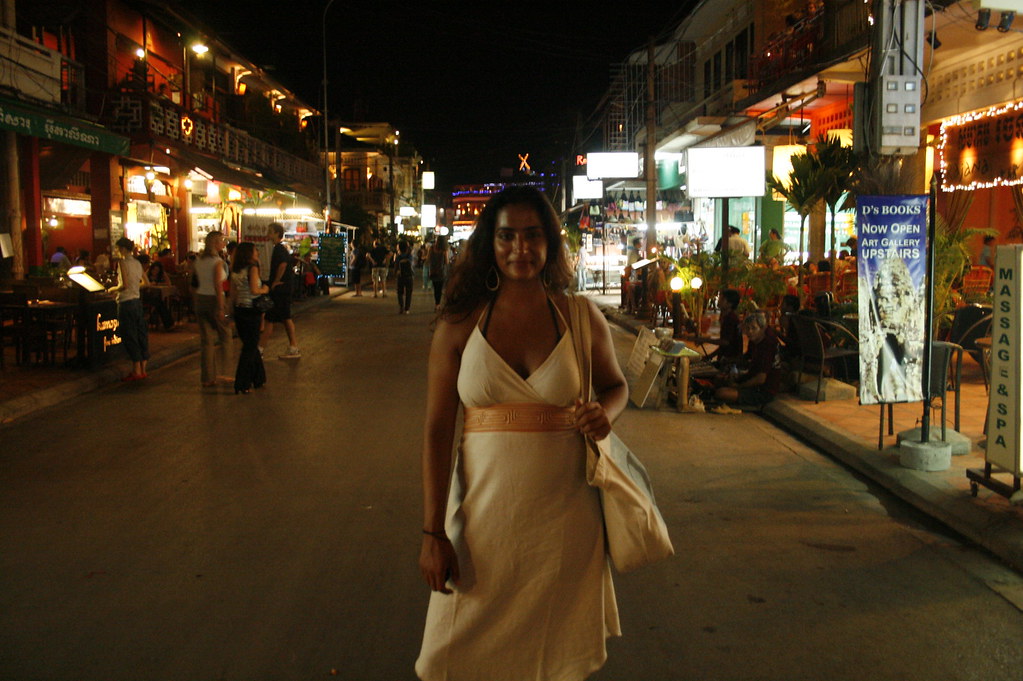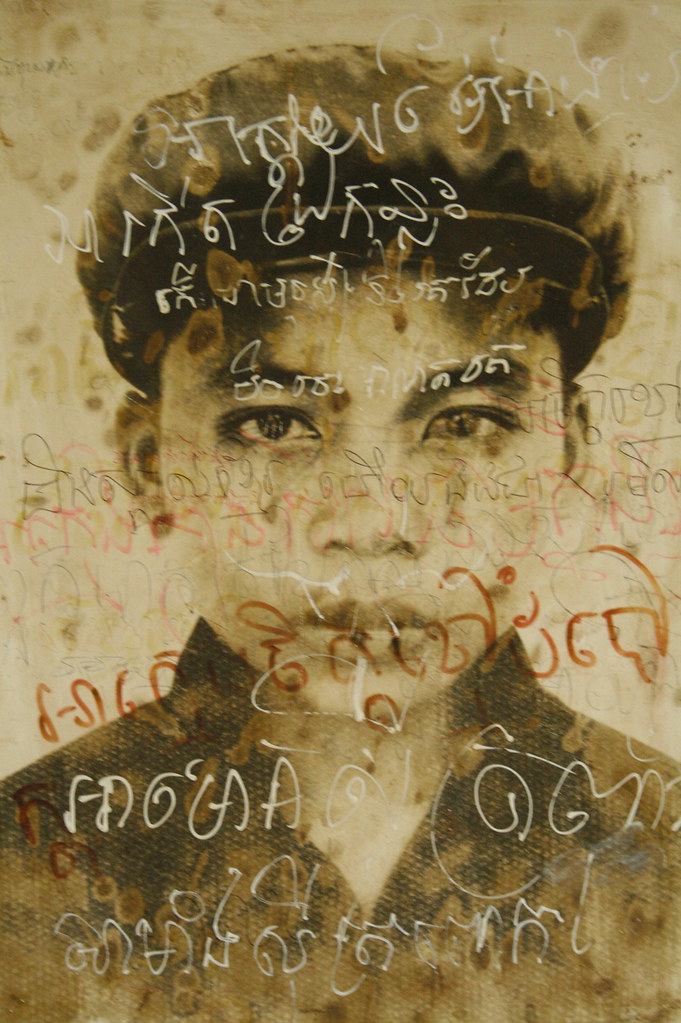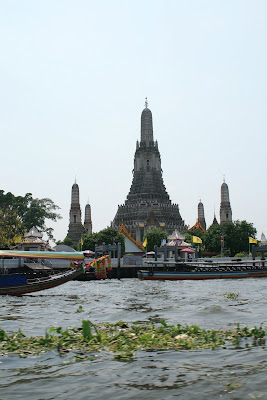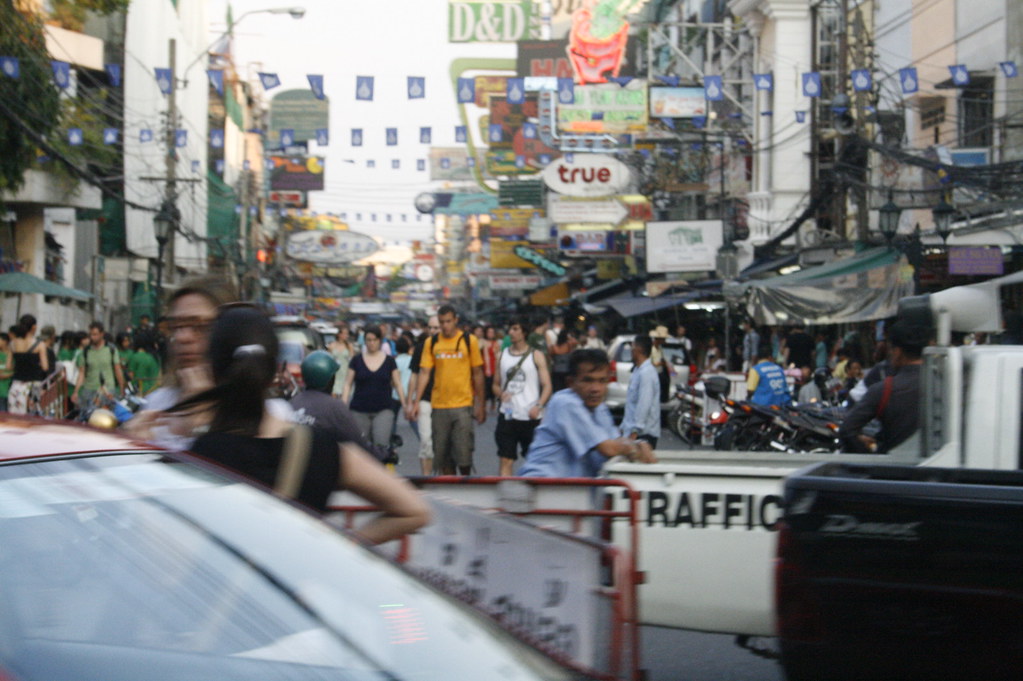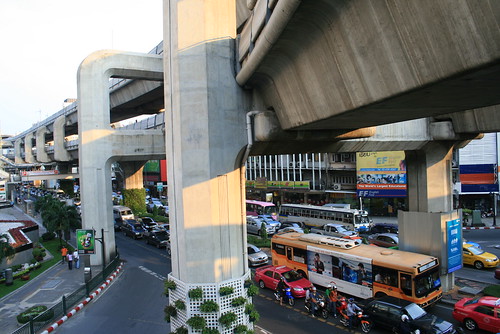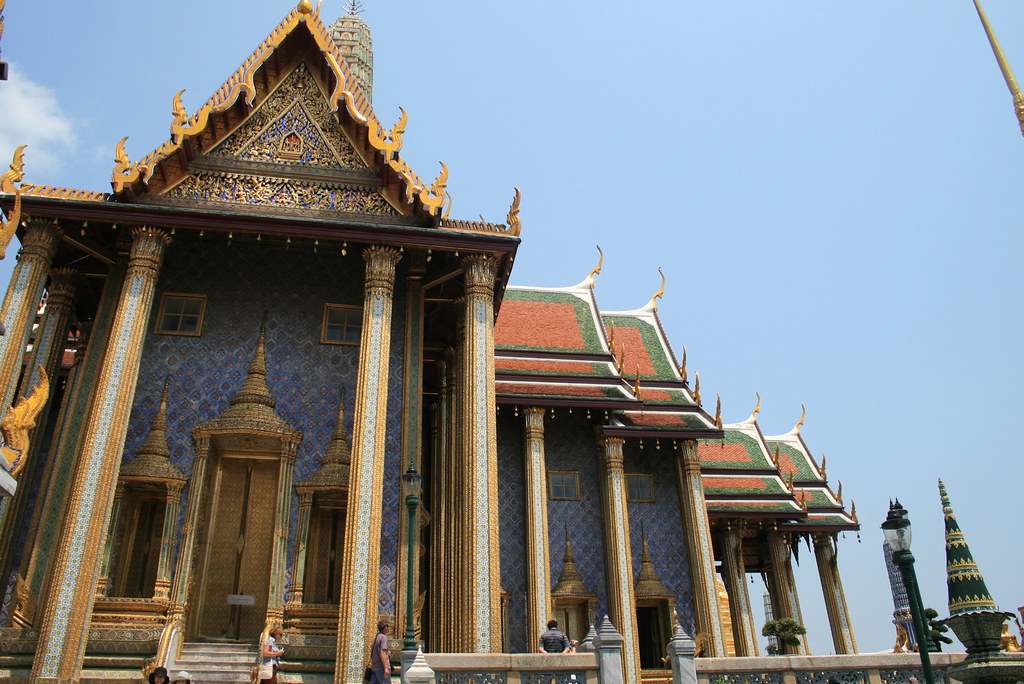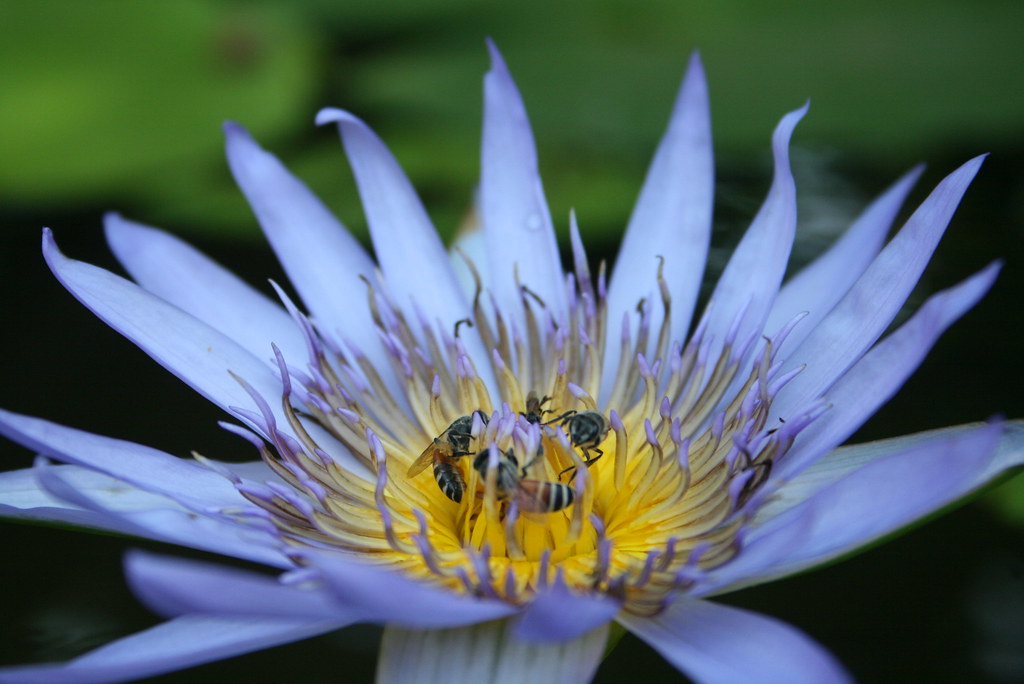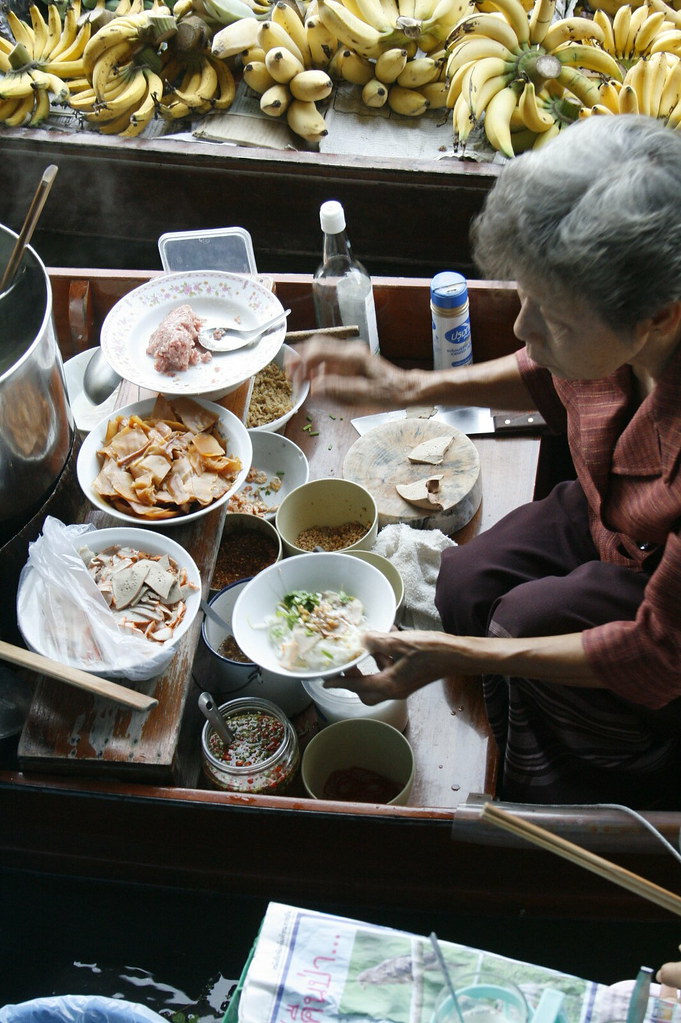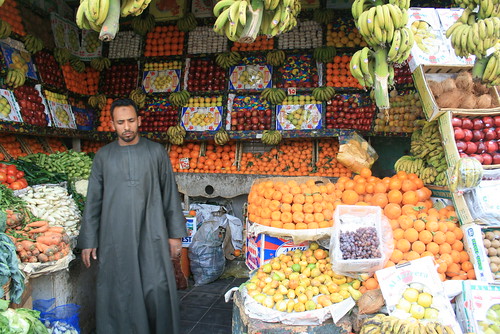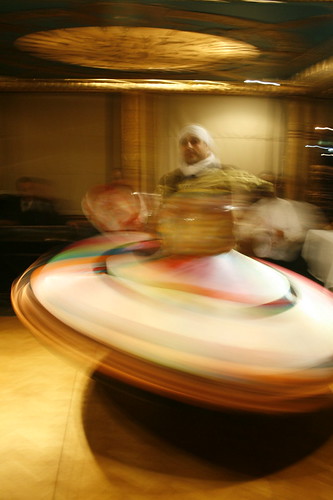 My family took me to a Jinja to bless my travels
My family took me to a Jinja to bless my travels Food stand set up or Hirami (cherry blossom Festival)
Food stand set up or Hirami (cherry blossom Festival) Cherry Blossoms in bloom
Cherry Blossoms in bloom My good bye feast , some sake - a present for me
My good bye feast , some sake - a present for me Sekino falls- Miyakonojo
Sekino falls- MiyakonojoMuch of my family is spread across the world. I have relatives in a number of countries and states and this is a reality for many now. After centuries of living together and having extended family so close, many of us don't have the opportunity to see and get to know our families. This has been the case for me for a long time. It is one of the reasons I felt very alienated growing up. I had moved so many times and lived with so many different people in my family in different places, it was hard for me to feel like I genuinely belonged to household or community when I was growing up. As I have grown older I have been able to relinquish relationships that were broken off or never existed because of the forces of global markets. My family is torn because of the A.) a choice and B.) not having the choice when it comes to live in a Nation-State that is not burdened with debt , poverty or lack of infrastructure. So they went to the hegemonic powers. Wanting a slice of pie. A opportunity at freedom. A right to pursue their dreams.
This blog is dedicated to my Uncle , for all his humility, strength and all that he has inspired me and others to do. At the age of 22 ,he left India and went to Japan where he learned Japanese in the matter of months and entered speech contests in Japanese and won! I thought that was remarkable. What is also remarkable is that he plays the role of interpreter still in the communications company he works for setting up film crews to make documentaries in different countries , but mostly India.
Through my Uncle's struggle I realized how hard it was for him to be in Japan. A country that is still leaning to homogeneous side. It is a very difficult place to be in if you don't speak Japanese. While I was in Japan for two weeks I had many misconceptions debunked. I saw Japanese people as serious , as always rational, but there is a softer , passionate, spiritual side that many do not see. I met cousins for the first time and saw their children. It was quite an interesting experience realizing that there are people related to me living half way across the world, going on with their lives in culturally very different ways, yet still from the same ancestral origins as me. Not soo different in many regards.
I was lucky to be in Japan during Hirami which is the very important holiday known as the cherry blossom festival. It was absolutely beautiful to see so many pink petals all fluttering all over the streets, covering everything on the ground like a blanket. You would even see them in people's hair. During the festival , people gather and eat and drink under the Sakura trees (cherry blossom trees). It is actually an important holiday for businesses as well. Newly hired employees of large firms and businesses have to go through a sort of initiation process and take care of arrangements as well as drink to talk business and prove their worthiness to the higher ranking people of the company. You will see dozens of people in business attire at the level of inebriation laughing , singing, dancing once this happens. Its a pretty funny site.
I was in Tokyo most of my stay in Japan, but spent a number of days on Kyushu island in a small town called Miyakonojo. Population: 160,000. I have 2 cousins and an Aunt here, which I have never met. I spent a number of days in both Tokyo and Miyakonojo checking out Jinja's which are Shinto temples. I learned a great deal about how much Japanese culture and Shinto are entwined with the environment and landscape. There is a respect for all things natural and in nature and many aspects of their culture reflect this. Everything from the art, architecture, food and costumes all take the natural environment into account. It is a stark difference from Western culture that is soo used to going on with business as usual .
The over stimulation in Tokyo was a little extreme for me. It took me a number of days to get used to . I was thoroughly impressed with how bike riding friendly the suburbs were with large parking facilities for people that bike to the the train.
I was impressed by the efficiency of the transport system in general . I was stunned by how beautiful and clean it was regardless of the population. The infrastructure was pretty uniform in the city. Real estate is a huge market and rents are very high even for the large middle class populations.
The most rewarding part of my experience in Japan was getting to know my family. It was realizing that I have the right to be in other countries. That I can get over language barriers and understand what people's lives are. I can understand what they go through on a day to day basis.
This blog is dedicated to my Uncle , for all his humility, strength and all that he has inspired me and others to do. At the age of 22 ,he left India and went to Japan where he learned Japanese in the matter of months and entered speech contests in Japanese and won! I thought that was remarkable. What is also remarkable is that he plays the role of interpreter still in the communications company he works for setting up film crews to make documentaries in different countries , but mostly India.
Through my Uncle's struggle I realized how hard it was for him to be in Japan. A country that is still leaning to homogeneous side. It is a very difficult place to be in if you don't speak Japanese. While I was in Japan for two weeks I had many misconceptions debunked. I saw Japanese people as serious , as always rational, but there is a softer , passionate, spiritual side that many do not see. I met cousins for the first time and saw their children. It was quite an interesting experience realizing that there are people related to me living half way across the world, going on with their lives in culturally very different ways, yet still from the same ancestral origins as me. Not soo different in many regards.
I was lucky to be in Japan during Hirami which is the very important holiday known as the cherry blossom festival. It was absolutely beautiful to see so many pink petals all fluttering all over the streets, covering everything on the ground like a blanket. You would even see them in people's hair. During the festival , people gather and eat and drink under the Sakura trees (cherry blossom trees). It is actually an important holiday for businesses as well. Newly hired employees of large firms and businesses have to go through a sort of initiation process and take care of arrangements as well as drink to talk business and prove their worthiness to the higher ranking people of the company. You will see dozens of people in business attire at the level of inebriation laughing , singing, dancing once this happens. Its a pretty funny site.
I was in Tokyo most of my stay in Japan, but spent a number of days on Kyushu island in a small town called Miyakonojo. Population: 160,000. I have 2 cousins and an Aunt here, which I have never met. I spent a number of days in both Tokyo and Miyakonojo checking out Jinja's which are Shinto temples. I learned a great deal about how much Japanese culture and Shinto are entwined with the environment and landscape. There is a respect for all things natural and in nature and many aspects of their culture reflect this. Everything from the art, architecture, food and costumes all take the natural environment into account. It is a stark difference from Western culture that is soo used to going on with business as usual .
The over stimulation in Tokyo was a little extreme for me. It took me a number of days to get used to . I was thoroughly impressed with how bike riding friendly the suburbs were with large parking facilities for people that bike to the the train.
I was impressed by the efficiency of the transport system in general . I was stunned by how beautiful and clean it was regardless of the population. The infrastructure was pretty uniform in the city. Real estate is a huge market and rents are very high even for the large middle class populations.
The most rewarding part of my experience in Japan was getting to know my family. It was realizing that I have the right to be in other countries. That I can get over language barriers and understand what people's lives are. I can understand what they go through on a day to day basis.

